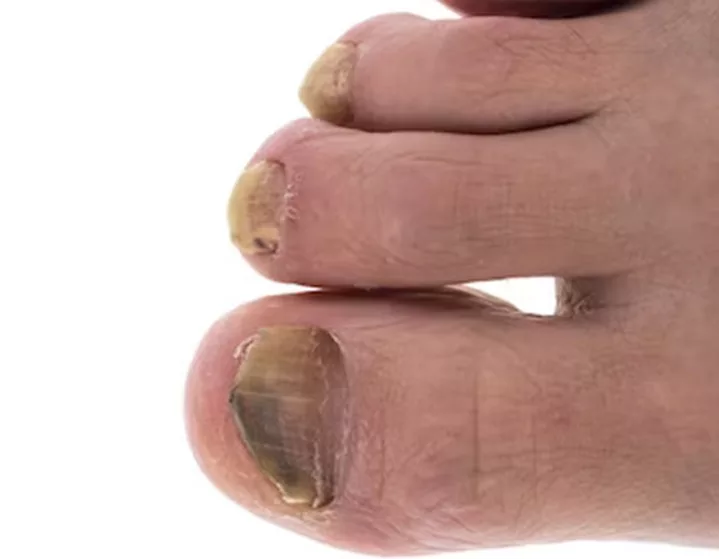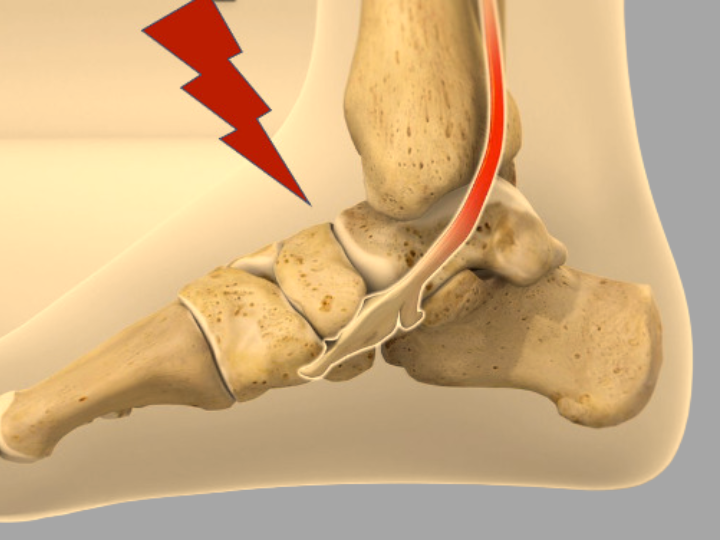Exploring the Origins and Risks of Discolored Toenails
The presence of black, purple, or brownish discoloration under or on a toenail is often the result of toenail trauma, such as when the toe is subjected to an injury like something being dropped on it. This discoloration occurs due to the accumulation of blood, forming a clot or bleeding underneath the nail. It can affect the entire nail or only a portion of it. In cases where the entire nail is affected, it can be quite painful, and medical attention may be necessary to alleviate the discomfort caused by the bleeding under the toenail.
When the second or third toenails are involved, it is commonly referred to as “runner’s toe.” This condition can be attributed to the toenail being slightly too long and the footwear being either too large or too tight. In situations where the shoes are too big, especially when running downhill, the foot may slide within the shoe, and the toenail can become trapped at the junction of the toe cap and toebox. If the shoes are too tight, the toenail might get pinched and jammed, leading to bleeding between the nail plate and the nail bed.
While relatively rare, malignant melanoma is a more serious underlying cause of black toenails. Given that early detection and prompt treatment of melanoma significantly improve the prognosis, individuals with black toenails need to seek evaluation by a qualified foot and ankle surgeon to rule out this potential cause.
Other infrequent factors responsible for black toenails encompass fungal infections, chronic ingrown nails, or underlying systemic health issues affecting the rest of the body.



